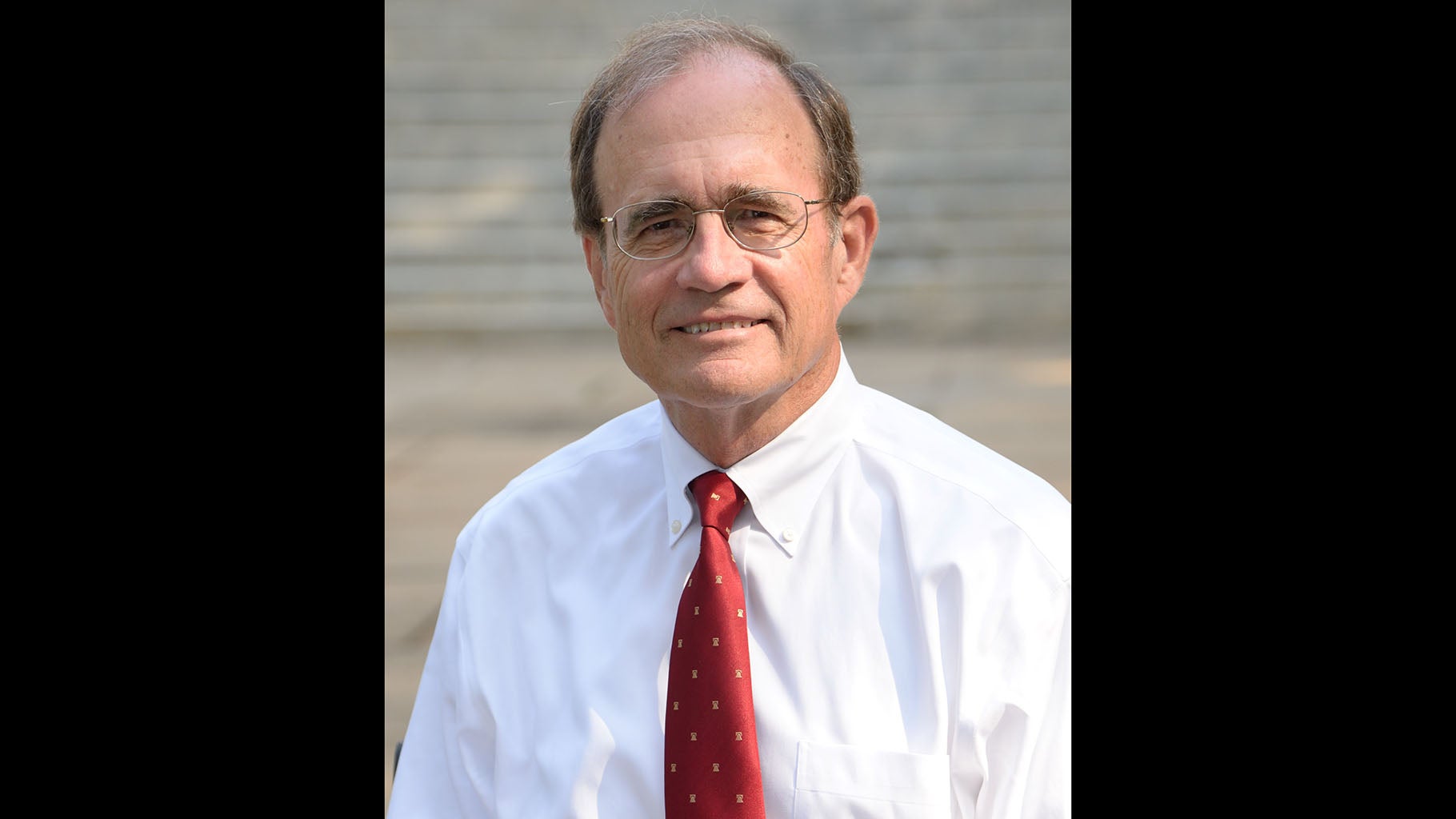Lt. Gov. Hosemann announces Senate Medicaid expansion bill
Published 2:00 pm Friday, February 16, 2024

- Lt. Governor Delbert Hosemann
Lt. Gov. Delbert Hosemann said Thursday the Senate will have a bill by Monday’s deadline to expand Mississippi Medicaid to cover the working poor.
Hosemann said the bill will likely contain a work requirement and cover roughly 230,000 adults who make too much to currently be eligible for Medicaid, but too little to afford private insurance. As it stands, these adults — if they’re not pregnant or disabled — have no access to preventative care, leading to Mississippi’s abysmal public health metrics, such as the lowest life expectancy in the country.
This marks the first time, after a decade of partisan debate, that a Mississippi Republican leader has taken an affirmative step toward expansion.
Hosemann, who is still loathe to use the words “Medicaid expansion,” said he hopes lawmakers pass such a plan into law.
“I have tried to tell everybody this: Stop saying Medicaid expansion,” Hosemann said. “What we are looking at is providing health insurance for working people. How you couch that is up to you but the interest I have had for a while is: We need to have a better labor force participation rate. That right now is the lowest in the country. But to get to that point … I’ve got to have healthy people.”
Hosemann said the Senate proposal will likely increase Medicaid eligibility to people making up to 138% of the poverty level. That would be an annual household income up to about $43,000 for a family of four.
New House Speaker Jason White — who replaced longtime Speaker Philip Gunn this year — has been outspoken about the state’s health care crisis, calling on Republican lawmakers to consider expansion. Gunn had blocked Medicaid expansion legislation, and even thwarted serious debate or consideration.
Many Capitol observers expected White and the GOP House leadership to be the first out of the gates this session with expansion legislation. But even after House Democrats unveiled an expansion bill the House leadership still hasn’t brought out a version or provided details of what it might propose.
Governor Tate Reeves — vehemently opposed to expansion, calling it “welfare” — has the power to veto a bill if it passes the Legislature. If he vetoed an expansion bill, two-thirds of lawmakers would have to vote to override the veto for it to become law.
Last session, the Legislature passed a measure to provide 12 months of postpartum coverage for mothers. This session, legislatives leaders are focusing on addressing the coverage gap, in which hundreds of thousands of adults go without health care. That is, until unaddressed health issues render them disabled, qualifying them for Medicaid, or land them in an emergency room — the most expensive place to receive health care.
“We’re looking at the part of people who aren’t already covered that would fit into this workforce – maybe a working mom with a child or two children, how do we get her continued health care after the postpartum period,” Hosemann said. “One of the most economic ways is to have the federal government pay for it, so that’s of real interest to me. So if I can get the federal government to pay for some or all of this, I’m going to do that.”
Hosemann said he would like to see a work requirement in any expansion bill, and he would also like to see a requirement that recipients make a contribution toward their health insurance.
“When I get a plan that covers working people, I would like for them to make some contribution to their health care,” he said. “I think that’s important, I think that’s self dignity, you become part of the system when you’re paying some part of it.”
Hosemann, who has been working on addressing the coverage gap for several years now, said he was convinced when Louisiana expanded Medicaid in 2016.
“When Louisiana did this several years ago, there was a great concern that people would move from the private market to the public,” he explained. “Well it didn’t happen. It’s maybe, like, 1% difference.”
Mississippi is one of 10 states not to expand Medicaid to cover the working poor. Proponents of expansion say the state is leaving more than $1 billion a year in federal money and thousands of new jobs on the table by refusing expansion.
Regardless of whether a House or Senate version of a bill is ultimately successful, Hosemann said he hopes that headway is made on increasing health care coverage of working Mississippians.
“I’ll be a proponent of a plan like this. I’m very hopeful that the Senate will pass one. I’m very hopeful that the House will address one, as well … We’ve been working on it a long time. Because of my current maturity, I don’t much care who gets the credit. My goal is to have working people have health care. If somebody else gets the credit – the governor or members of the House – I don’t really care much about that.”
By Sophia Paffenroth, Mississippi Today





